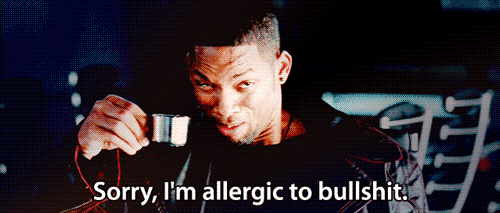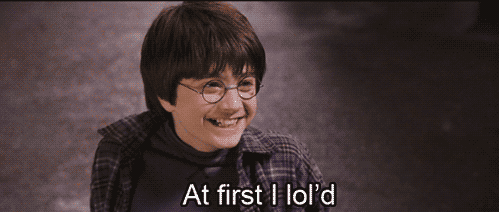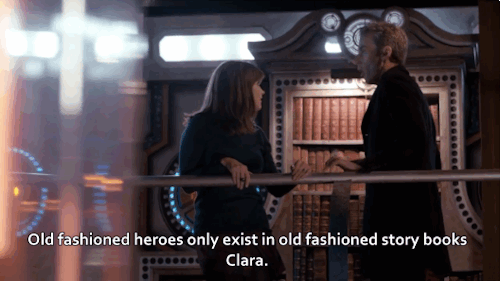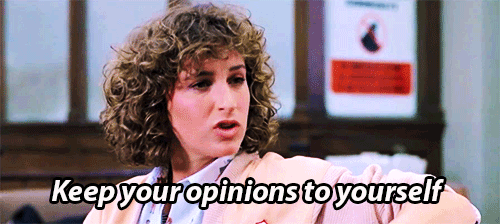Monday, November 24, 2014
I am undermining my child's teachers... maybe
AUGUSTA, GA - Emerson's social studies teacher is probably exasperated by her at this point in the school year. Every time she comes home with a new event to share with me, it's like I just HAVE to tell her it's a big lie. I don't know what my freaking problem is.
"You know he probably didn't actually chop down a cherry tree, right, Emerson?" I asked.
Judging by the look on her face, she clearly did not.
We had a discussion about myths and legends, and then after much precocious logic from her 4-year-old brain, I conceded that it was possible that George Washington had, in fact, chopped down the cherry tree and told the truth about it. I am not trying to back her into an existential crisis. I just want her to think critically about things, and she did. So I conceded her point.
But I planted a seed of doubt. So over the years, she has sometimes asked, "Do you think that's true, or a myth?" And I would give her an honest answer. We struck down the Disney princesses pretty darn quickly, for example. Ha. Take that, patriarchy. But sometimes she tries to reason through things and comes to some questionable conclusions, like the idea that Einstein was somehow an evil scientist.
"Mom, we have homework about Columbus Day," she told me. "We have to write a poem, and answer these questions."
"Hmm," I thought. "What rhymes with 'genocide?'"
We got through the poem, but I decided that it was a perfect time to introduce to her the idea that what she's taught comes from a certain perspective.
"Em, you realize that Columbus didn't actually discover America, right?"
"I know," she sighed, sensing a lecture. "He discovered the Minican Public."
"The Dominican Republic?"
"Yeah, that," she glared at me. "But, mom, he might not have discovered America, but we still didn't even know the DOminican REpublic was there before he found it."
"Well... who's we?" I asked.
"America!" she snapped, exasperated. And then stopped, eyes widening. "Wait a minute! If he discovered America, then there weren't any Americans yet."
"Exactly," I said. "So, who's 'we?'"
"I don't know," she frowned.
"So you know where Europe is, right?" I asked. She frowned, so I explained, using language she knows. "It's like where England is, and Harry Potter, and your Aunt Natalya in Germany, and Paris, France, with the Eiffel Tower - and a bunch of other countries that make up the whole continent called Europe."
She brightened. "Oh! Yes! And Spain, where they speak Spanish! And... the country that has the trees that make the wine lids...?"
LOL! I had told her about the cork industry in Portugal after watching a segment about it on "CBS Sunday Morning."
"Perfect, yes. Okay, so you know what the word 'centric' means? It means like the focus of things. So, when you say 'we didn't know where it was,' you meant people from Europe. But we're not from Europe. So that's what's called a 'Eurocentric' point of view."
"But... so... wait... what else would the focus be on? We all came from Europe."
"But we didn't all come from Europe, did we? Is your friend, Rachel, from Europe? No. Is your friend, Eduardo, from Europe? Nope. And, the thing is, Emerson, is that we're not from Europe."
Her eyebrows went up. "Yeah, we're from America! But... wait, didn't our old family come from Europe?"
"Well, that depends. How far back do you want to go when you're talking about family?"
"A hundred years!" she crossed her arms at me, smugly.
"America. And some members of our family were Native Americans, who definitely were not from Europe."
"Okay, two hundred years."
"Still America."
This sent her reeling.
Two hundred years is an awful long time to a fourth grader. She mused for a moment.
"Five hundred years?"
"Some of our family is in Europe - in Ireland, to be precise, on my side. I don't know about your dad's side. But if we keep going all the way back to the beginning, where would we be?"
"Uh... I don't know."
"Well, if we keep following back and back and back, through all the families throughout human time, where do we start?" I asked.
"Uh... Europe?"
"Africa."
"Really?!"
"Yep. The oldest human remains have been found in Africa. Right now, science thinks that is where humans started, millions of years ago. But let's back up a little bit. We already know there were people here when Columbus arrived, right?"
"Right."
"So... how did he discover it, when it was already known?"
"But he discovered it for Europe."
"Ehhhh... there's actually some debate over that. Turns out that the Vikings may have been here first. And they're from Europe."
"The Vikings were super duper a long time ago! That's awesome!"
"Right? It is. They were master sailors, the Vikings. But... imagine this: Do you think there were explorers in other places? Like, maybe Asia?"
"Yeah! I bet there were! And maybe Africa, too! And maybe even the North Pole!"
Side note: My 9-year-old totally still believes in Santa Claus.
"Right. So... where are their stories?"
She frowned. "I don't know."
"So, the thing is, they all had their explorers and adventurers. But we don't hear about them. Because we focus on stories from Europe. But there are lots of other stories, from lots of other people. In fact, scientists think that a Chinese explorer might have actually been the first one to sail around the whole world."
"From China?! Oh my gosh! That's so freaking cool!"
"It is! Think about how many stories there are out there that you don't even know. And everyone has a story. Every country, every city, every person."
"So... wait. If Christopher Columbus didn't discover America, why do we say that he did?" she asked.
It's a great question. And it's where things could have gone off the rails. Well... further off the rails. I had a very tenuous control of this conversation.
"So, a couple of reasons. First, this is what people were told for a long time, before science knew it was different. And it takes a really long time to change textbooks," I said. "Second, we talked about how myths are powerful, and people believe them and pass them on. Everyone agrees to it. And changing everyone's mind at once is almost impossible."
She laughed. "I can't even get you to change dinner!"
LOL! She had not enjoyed my experimental dish the night before. Lesson learned.
"True," I sighed. "Sorry about dinner. But let's think about this for a minute. What was he trying to do?"
"Discover a way to India to get more spices."
"Okay. Did he do that?"
"Nope."
"What did he find?"
"Land? But not gold. His crew was upset they didn't find gold."
"And what did he take back to Europe with him?"
Her eyes widened. "Slaves."
"Right."
"That's horrible. You can't own people. We don't even own Sweetiebelle, and she's just a cat."
I guffaw. Sweetiebelle has definitely trained us, and not the other way around.
"So, how could we celebrate a man who stole people and sold them as slaves? We couldn't, could we?"
"No," she said, sadly.
"Unless we made him out to be an amazingly great man. Like an explorer. Who discovered a whole new world."
She looked at me, with total seriousness. "So we... lie?"
"I wouldn't say they're lies. I'd say they're not the whole story. At the time he did it, they really did think he had discovered a new world. And many people really did think it was okay to own slaves. The important thing, though, isn't even whether or not he discovered America. The important thing is that you think about what you're learning. Just think about it. And ask questions."
"Okay... but mom?"
"Yeah?"
"I don't think I can put all that on my homework sheet. The question says: Who discovered America? What do I put? The Chinese guy?"
I put my head down on the table and laughed until I almost threw up. I may have taken her question too seriously. By a lot.
"Just put Christopher Columbus, Em. Respect what the teacher is telling you, and respect the teacher. But know that there's always more to the story."



















0 comments :
Post a Comment